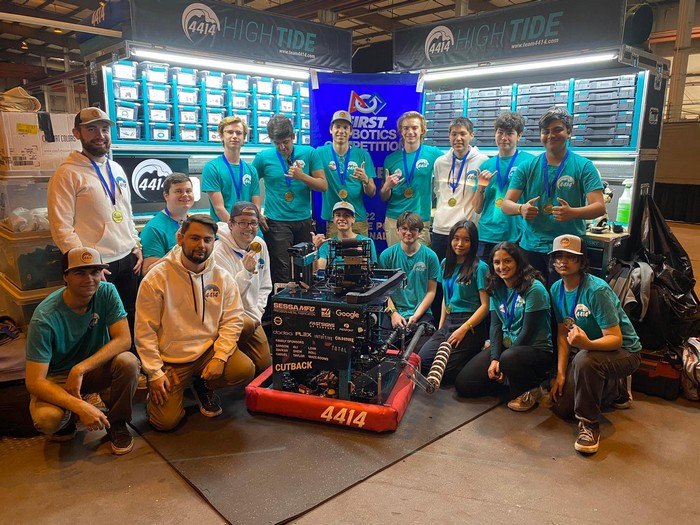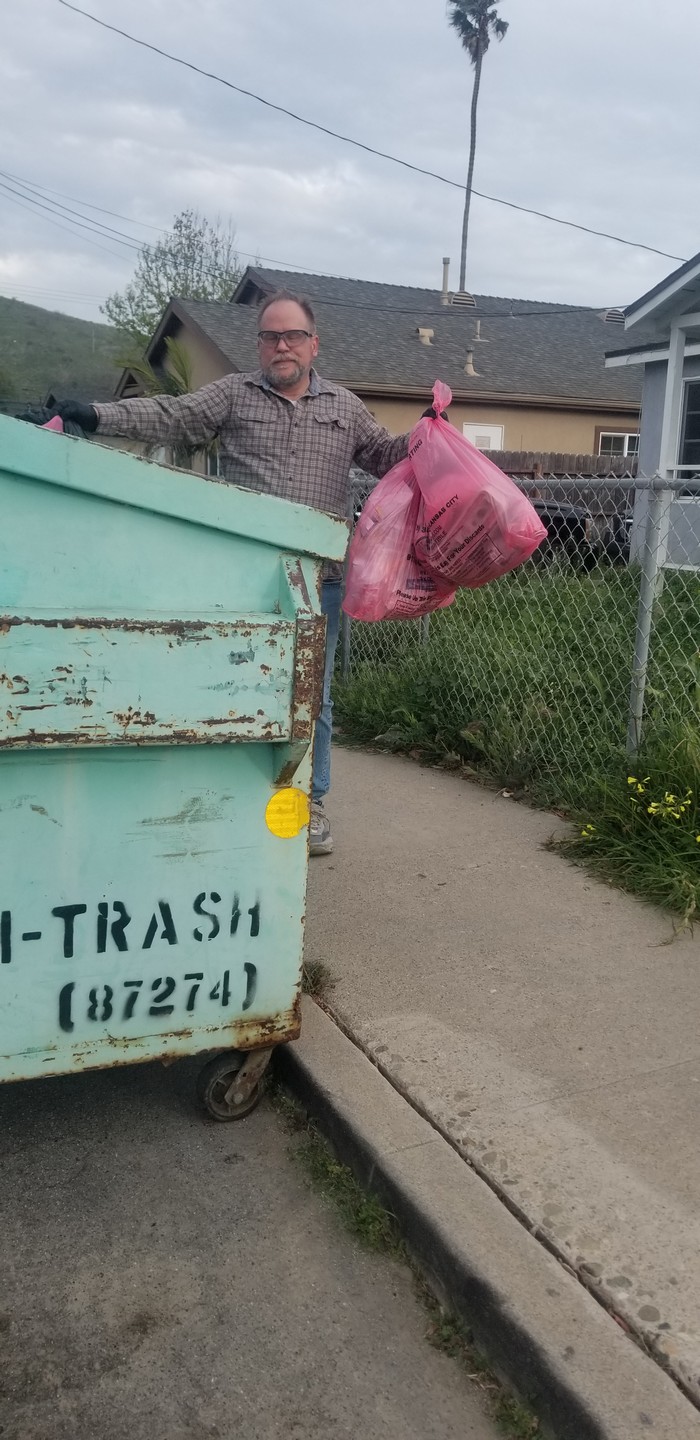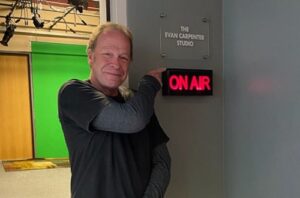Harrison Industries will now accept residential food waste in paper bags as well as in plastic bags. All bags of food waste must still be closed and placed in residents’ yard waste carts for weekly curbside pickup.
Harrison and its partners at Agromin have approved the use of folded-shut paper bags in addition to the tied plastic bags that have been accepted since residential food waste recycling began on Jan. 3.
The move to include paper bags is a response to customers’ concerns about the use of non-Earth-friendly plastic bags in the area’s new food waste recycling program; the decision was buoyed by the early success of the program.
“The bagged food waste has traveled really well,” said Harrison spokeswoman Nan Drake. “We’re living and learning. Once we got the program going, we could see that paper bags would work fine, as long as people carefully fold them shut and don’t recycle liquids.”
Whether it’s in paper or plastic, all food waste must be bagged. Food waste should NOT be placed directly into yard waste carts, where it would contaminate the loose yard waste in there.
Residential food waste recycling began this year in compliance with California Senate Bill 1383. In effect since Jan. 1, SB 1383 requires communities statewide to begin residential food waste recycling, on the road to reducing all organic waste landfill disposal by 75% of 2014 levels, by 2025. Organic waste in landfills emits toxic methane gases that destroy our environment and create climate change.







